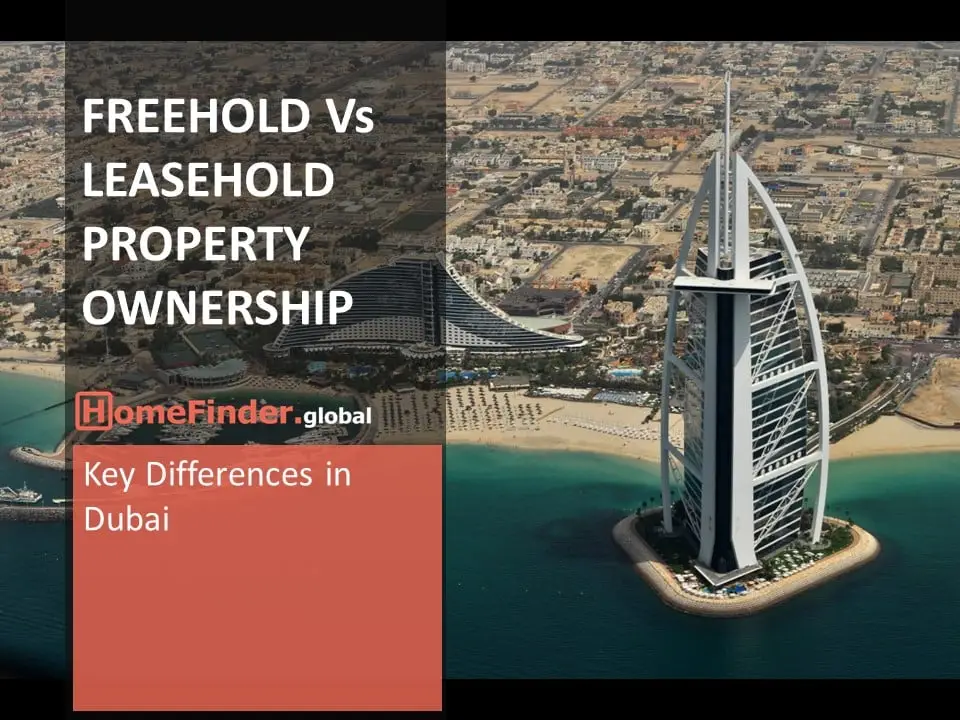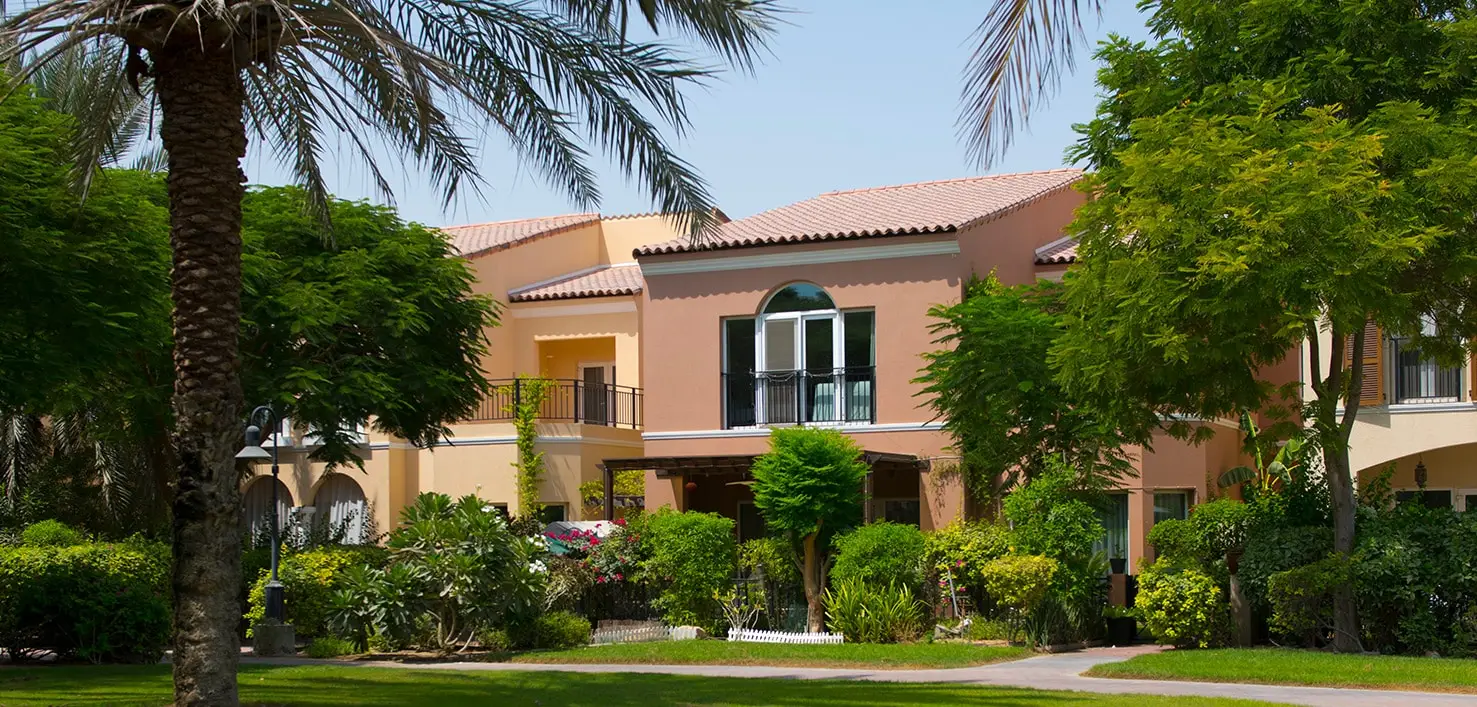Freehold vs Leasehold Property Ownership: Key Differences in Dubai

Are you an expatriate or an international investor contemplating property acquisition in Dubai? Prior to selecting your ideal residence or investment asset, it’s crucial to comprehend the diverse property ownership types available to foreigners in Dubai. It’s essential for potential homeowners and investors to grasp the nuances between leasehold and freehold ownership in Dubai, enabling them to make a judicious decision regarding their investment.
Continue reading to gain insights into Dubai’s property ownership regulations, the advantages and disadvantages of the various ownership types, and the sought-after locations for leasehold and freehold properties in the metropolis.
Dubai, the pioneering Emirate in the UAE, was the first to permit expatriates and foreign investors to possess property in specified zones. In a landmark move in 2001, the Dubai Government bestowed upon foreigners the privilege to own properties on a leasehold basis. Subsequently, in 2002, a decree was enacted, allowing the purchase of properties in Dubai on a freehold basis. This marked a significant shift in the real estate landscape of Dubai.
The distinction between freehold and leasehold property ownership in Dubai primarily hinges on the rights of the buyer. Here’s a concise overview of these two forms of property ownership in Dubai:
Now that you’re acquainted with the differences between these two forms of property ownership in Dubai, let’s delve into the advantages and disadvantages of leasehold versus freehold properties.
Purchasing a leasehold property signifies acquiring the right to inhabit the property for a specified duration, akin to a long-term lease. Typically, this lease term extends to 99 years, although it can be shorter in certain cases. This mode of property ownership in Dubai confers upon the buyer rights solely to the unit, excluding the land on which it is constructed.
Upon the expiration of the lease term, the ownership of the procured property unit reverts back to the freeholder.

This form of property ownership bestows upon the buyer complete ownership of both the unit and the land on which the property stands, devoid of any temporal limitations. As per the property ownership regulations in Dubai, the Dubai Land Department will officially register the name of the freehold buyer as the ‘landowner’ in the registry, and furnish them with a title deed for the property.
The freehold agreement is valid indefinitely. In the event of the owner’s demise, the property can be inherited by an heir, ensuring that the property remains within the family.
Not only expatriates but also foreign nationals residing overseas have the opportunity to purchase ready or off-plan properties on a freehold basis in the designated areas. However, it’s crucial to ensure that freehold properties are purchased only from real estate agents or developers who have received approval from the government.

Leasehold properties are not prevalent in Dubai, as the majority of buyers and investors lean towards freehold properties, owing to the extensive ownership rights they confer. However, prospective buyers can locate leasehold properties in specific regions, such as Dubai Silicon Oasis and Green Community. It’s feasible to purchase properties on a leasehold basis in other zones earmarked for foreign ownership.
For those interested in freehold ownership, Dubai offers a broad spectrum of properties to select from. The freehold zones in Dubai are teeming with a variety of developments and projects, encompassing everything from apartment towers to villa and townhouse communities.
Freehold property is the preferred choice for foreign buyers and investors. These properties are up for grabs in several of the emirate’s distinguished neighborhoods, including Dubai Marina, Downtown Dubai, JBR, The Meadows, and The Springs. In recent times, traditionally non-freehold areas like Jumeirah have witnessed the emergence of freehold projects, such as City Walk and La Mer, thereby broadening the options for foreign nationals.
Conversely, there exist non-freehold areas in Dubai, where only Emiratis and GCC nationals have the exclusive privilege to purchase on a freehold basis.
When weighing the options between freehold and leasehold properties, it’s imperative to comprehend the legal rights and obligations associated with each type of ownership. The most striking distinction between freehold and leasehold ownership lies in the extent of control. Freehold owners enjoy greater authority over their property unit and the land, affording them the flexibility to renovate and modify the structure as per their preference.
Nonetheless, in practical terms, 99 years is a considerable duration, and leasehold owners do retain a degree of control. It’s advisable to gauge the extent of your future outlook when contemplating the purchase of a leasehold versus a freehold home. Other considerations encompass your long-term requirements, intended use of the property, and budget. Your choice between freehold and leasehold will also necessitate an evaluation of the property in question and its environs.
In essence, both alternatives come with their unique advantages. The choice primarily hinges on your specific needs from your property investment. Therefore, it’s crucial to conduct thorough research beforehand, as purchasing a home in Dubai represents a significant financial undertaking.